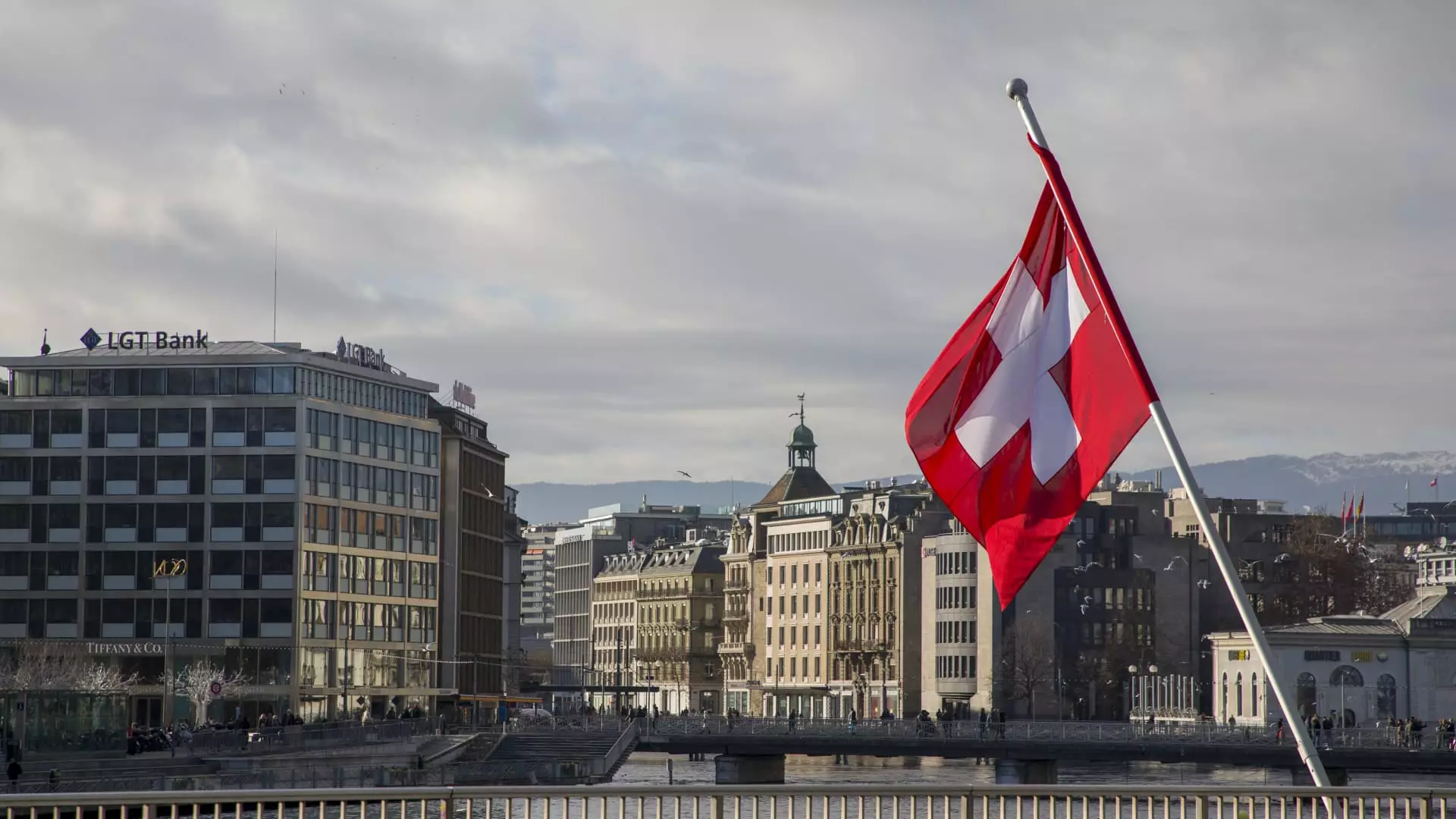Recent trends reveal an alarming exodus of affluent Americans seeking refuge in the secure banking systems of Switzerland. As markets fluctuate and political climates shift, the once-solid faith in U.S. financial institutions is faltering. High-net-worth individuals are diversifying their portfolios, aiming for a more stable and global investment landscape. This movement could very well signify a deeper crisis in confidence regarding American governance, fiscal policy, and economic strategy.
The narrative is not just about money; it’s about power and control. Wealthy investors are taking proactive steps to insulate themselves from the vicissitudes of American politics. With recent reports of increased interest in Swiss banking, it’s evident that many perceive the U.S. economy as increasingly vulnerable due to overwhelming national debt and unpredictable regulatory changes. The appeal of Switzerland lies not only in its historical association with financial privacy but also in its present-day political neutrality and robust legal frameworks.
The ‘De-Americanization’ Movement
The term “de-Americanization” has started to resonate among financial analysts, encapsulating a trend where citizens of the world’s traditional superpower are dissociating from its financial system. This sentiment has been echoed by financial consultants like Pierre Gabris, who cites varying motives among clients. While some are hedge against currency depreciation—strengthening their portfolios with investments in foreign currencies and diverse assets—others are driven by political fears sparked by recent U.S. administrations. It is a reflection of anxiety, a realization that reliance on American institutions may no longer be prudent.
The motivations also extend beyond investment portfolios; many of these Americans are considering alternative citizenships or residency in Europe, seeking security that they no longer feel is attainable in their home country. The desire for “Plan B” safety nets points to a troubling departure from traditional notions of American stability and success.
Legal Compliance in a Changing Landscape
Contrary to bygone eras when opening a Swiss bank account might evoke whispers of tax evasion and secrecy, today’s scenario is marked by extensive compliance and regulatory measures. Efforts to align with U.S. tax laws have transformed the narrative surrounding Swiss accounts; they are no longer havens for hidden fortunes, but rather structured investment opportunities that demand transparency. U.S. banks may not offer direct access to these offshore accounts, but they certainly guide wealthy clients toward European financial networks, establishing a new framework for globalization in wealth management.
The Swiss banks exhibiting heightened interest in American clients reflect not just economic trends, but the psychological undercurrents of distrust among U.S. citizens. Institutions like Vontobel, though shy about public commentary, are acutely aware of the shifting wealth dynamics and the underlying implications of this trend.
The rise of Swiss banking among wealthy Americans serves as a mirror, reflecting the anxieties of a populace grappling with economic uncertainty and political strife. This emerging trend illustrates a compelling desire for control amidst chaos, as affluent individuals opt to seek financial sanctuary in foreign lands. The implications are profound—both for the U.S. economy and for American identity—and raise critical questions about where the nation stands in the global financial hierarchy.

Leave a Reply